Featured News
-
Increasing diversity and inclusion in accounting
Despite an increase in minority students seeking to enter the accounting profession, total minority hiring by U.S. CPA firms has remained flat since 2012.
-
Business debt now exceeds household debt
U.S. business debt exceeded that of households for the first time since 1991, according to recent Federal Reserve data.
-
IRS Criminal Investigation releases annual report
The IRS recently released the Criminal Investigation Division’s annual report, which highlights significant successes and criminal enforcement actions taken in fiscal year 2019.
-
2020 IT predictions to consider
Outsourced security standards, stalled privacy regulations and application expansions are just a few IT predictions for 2020.
-
Proposed CPA licensure model promotes core skills, disciplines
A recently proposed CPA licensure model – not yet finalized – would require CPA Exam candidates to develop strong core skills and choose one of three disciplines.
-
Deadline for health care information statements extended
The IRS has extended its deadline for sending certain health care information statements to individuals.
-
Final 2020 Form W-4 now available
The 2020 Form W-4, updated to include a few changes, is now available on the IRS website.
-
How RPA can improve tax process workflow
Robotic process automation can expedite tax functions in numerous ways, including data extraction and form generation.
-
Communicating with a nonfinance audience
When speaking with professionals outside of the finance world, it’s important to explain financial concepts in a way they can understand.
-
Baseball stadium sales tax ends March 31
Wisconsin law recently assured retailers and consumers that the baseball stadium sales tax will end March 31.
